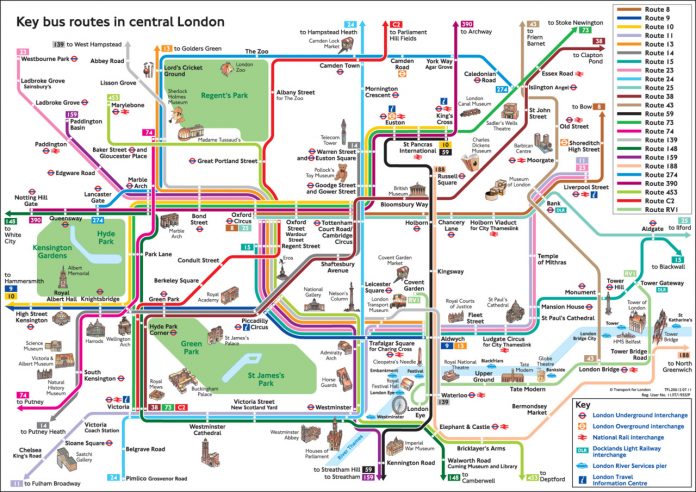Raised in Pakistan and Kuwait, lived in Singapore, Washington, and New York, Azmat Yusuf had never owned a car. When he started working at Google in London, the transit system of the city absolutely perplexed him. The kaleidoscope of buses and trains, with their puzzling routes. To make things easier for himself, he decided to build an app.
To start off, he created an app called Busmapper, which calculated the most efficient routes across a specific geographical area. The app soon grew to include other mediums of transport such as taxis, trains, subways, and even bikes. Owing to great popularity and tremendous success, the app was renamed to Citymapper in 2011.
Citymapper has about 20 million users across the world, and includes a total of 39 cities. A bike in Amsterdam, bus in Glasgow, subway in Seoul, or a taxi in Toronto, users can now go to their desired destinations with ease and efficiency.
Citymapper has so far routed about a billion trips, giving it an invaluable cache of data on how people ride public transportation. Yusuf is starting to use that to improve transit itself, starting with—what else?—buses. “Right now they’re kind of stupid,” he says. “They’re not really tied to demand. This is not the future.” Last summer, Citymapper began beta testing its own fleet of minibuses in London that respond to demand in real time, with trackable arrival times, tap-to-pay consoles, comfortable seats, and USB outlets.
This was followed by CM2, a nighttime hop-on, hop-off service, and Black Bus, which isn’t a bus at all, but rather a partnership with the ride-hailing service Gett to operate shared cabs running on under-served routes during rush hour. In March the company introduced SmartRide, a carpool service it’s offering for a fraction of the price of Uber.




